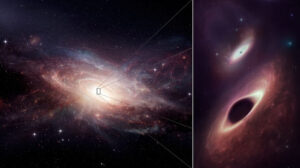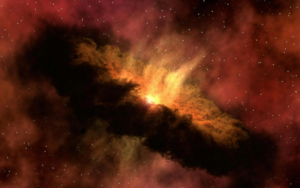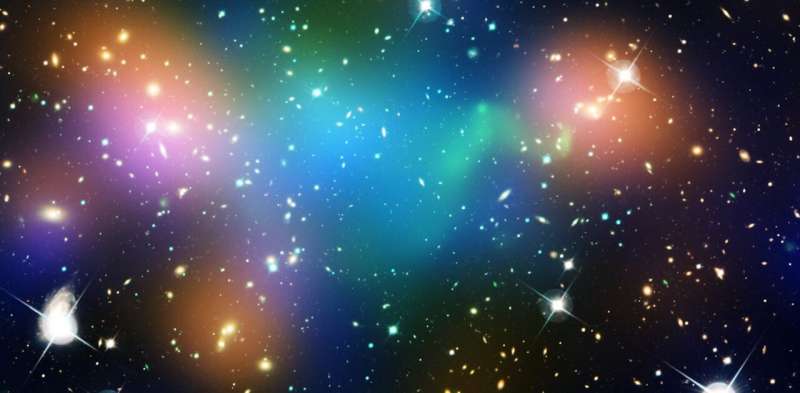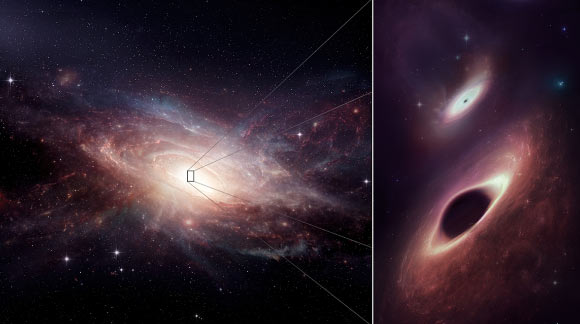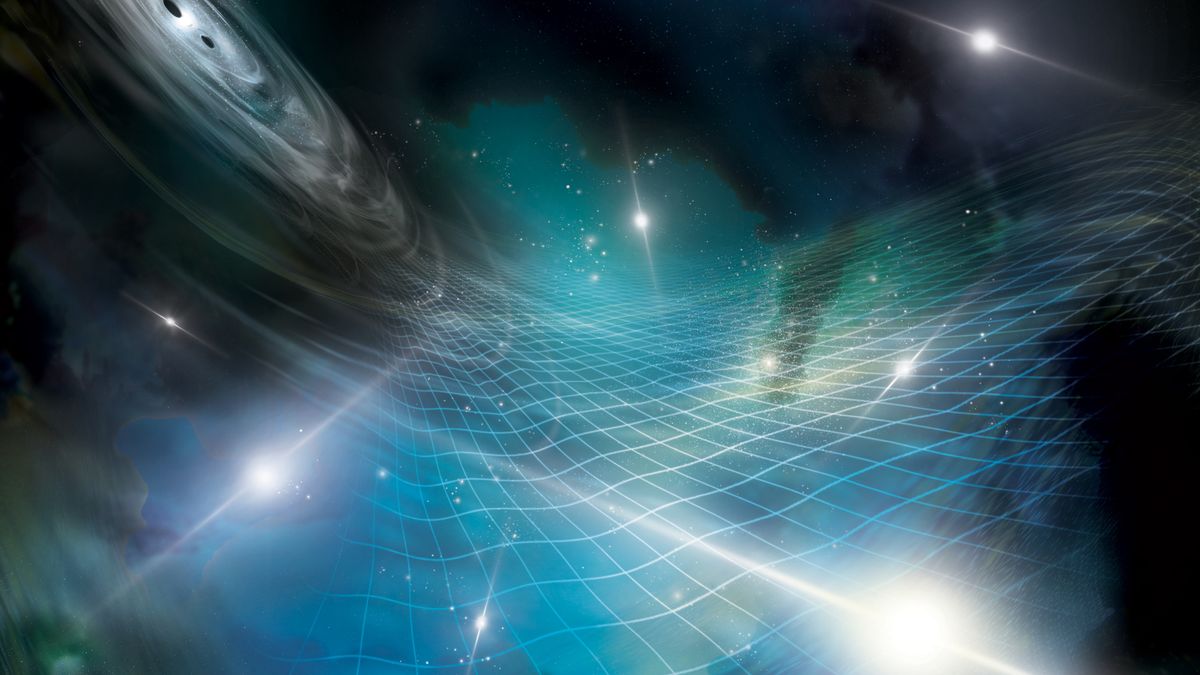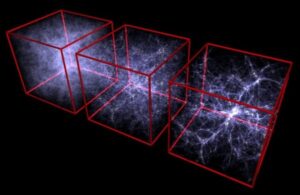
What is Dark Energy?
Dark energy is one of the most mysterious and fascinating components of our universe. Discovered in the late 20th century, dark energy is believed to make up about 70% of the universe’s total energy content. This elusive force is responsible for the accelerated expansion of the universe. Stick around, and


